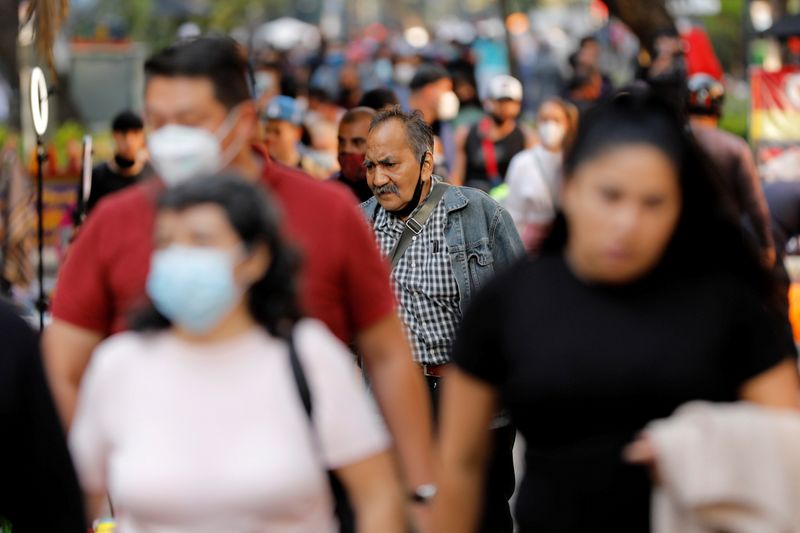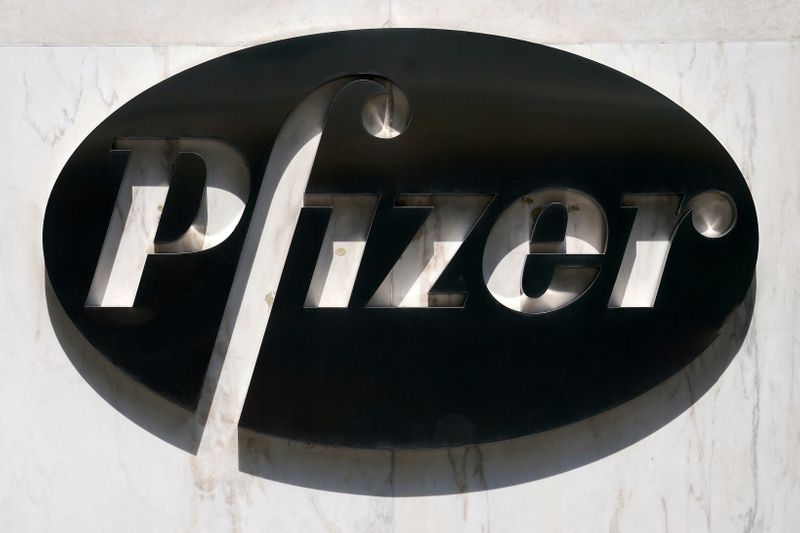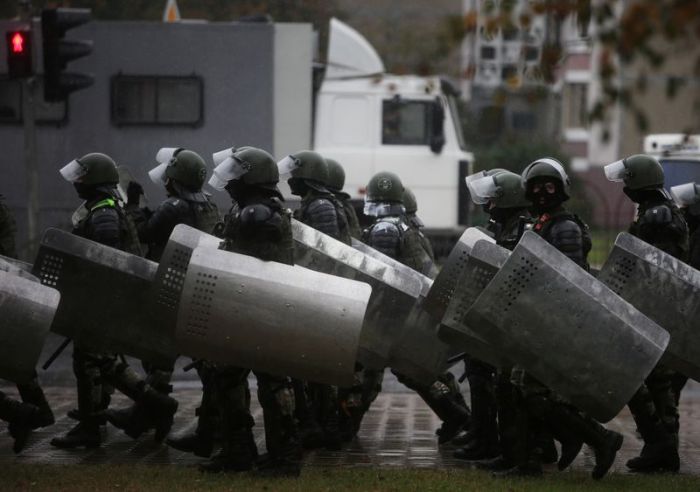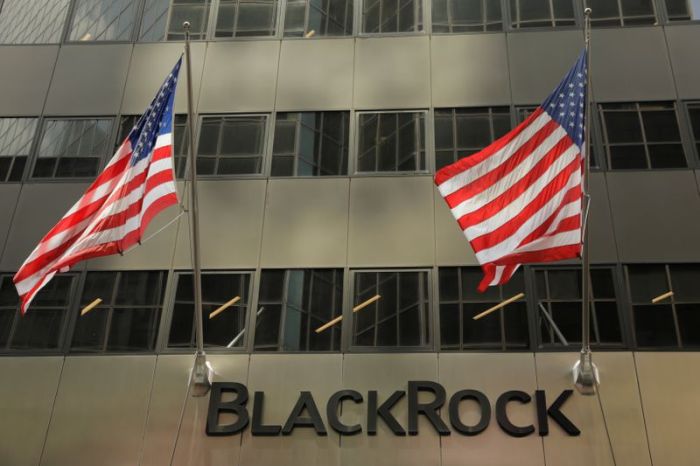MEXICO CITY (Reuters) – Mexico plans to vaccinate nearly all of its population against COVID-19 by the end of 2021 after reaching accords with pharmaceutical companies and the World Health Organization-backed COVAX plan, the government said on Tuesday.
In a presentation led by Foreign Minister Marcelo Ebrard, the government said it wanted to start providing two of the four different types of vaccines being developed from December.
Ebrard said Mexico aims to get vaccines to more than 116 million people, or about 90% of its population.
“As of today, Mexico is in the same situation as the United States, the European Union and other countries in the world,” Ebrard said. “We’ve already secured the necessary supply.”
Under the accords, U.S.-based Pfizer is expected to provide up to 34.4 million doses of vaccine, Britain’s AstraZeneca 77.4 million doses and China’s CanSino 35 million doses.
The COVAX plan, comprised of 18 possible vaccines, is expected to provide 51.57 million doses, the presentation showed.
The vaccines by Pfizer, AstraZeneca and the COVAX plan require two doses, whereas the CanSino product works with a single dose, according to the plan, which was presented at President Andres Manuel Lopez Obrador’s regular news briefing.
The CanSino and Pfizer vaccines could be available as early as December, according to the plan. AstraZeneca’s was seen coming onstream from March next year.
Mexico also expects to start phase 3 clinical trials soon of seven vaccines, including ones by CanSino and Russia’s Sputnik V, according to the presentation.
Lopez Obrador has promised universal access to vaccines, medicines and medical equipment.
Finance Minister Arturo Herrera said the country had allocated $1.659 billion for the purchases of the vaccines, which will be free to the public.
(Reporting by Raul Cortes Fernandez and Ana Isabel Martinez; Writing by Stefanie Eschenbacher; Editing by Dave Graham, Paul Simao and Sonya Hepinstall)




















